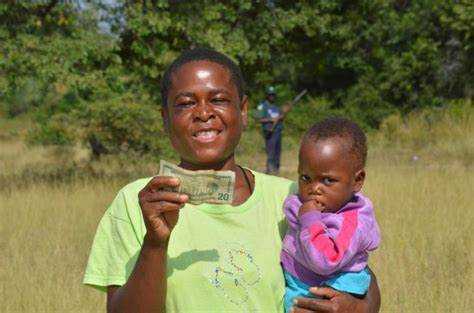
Zim Now Writer
The government partnership with Unicef has launched the next phase of Emergency Social Cash Transfer with the aim of strengthening resilience of households from food insecurity.
The ESCT programme which is being funded by the German Government through KfW and delivered together with the Ministry of Public Service, Labour and Social Welfare, Unicef, Goal and World Vision, will provide cash payments to five new districts - Binga, Rushinga, Mudzi, Mangwe and Makoni - while providing a further three months of continuity support to its existing urban districts.
Speaking at the launch, Dr Edmos Mtetwa, the Chief Director of Social Development and Disability Affairs of the Ministry of Public Service, Labour and Social Welfare, appreciated the collaboration between his Ministry, Unicef and the implementing partners.
“I urge that the excellent coordination between all stakeholders be maintained across the whole processes from grassroots level to national level. Through our coordinated effort, we need to ensure that we reach the most vulnerable in the communities and minimise exclusion,” he said.
The programme was first launched in August 2020, supporting the two districts of Gutu and Highfield.
In 2022, the programme supported over 113 790 individuals and 25 801 households in the urban localities of the eight districts of Beitbridge, Binga, Bulawayo, Chitungwiza, Gutu, Highfield, Lupane and Mufakose.
Zeinab Adam, the Deputy Representative of Programmes at Unicef, said: “Providing support from multiple angles is essential because we know that there are multiple vulnerabilities that need to be addressed and that cash alone cannot do it.”
Under this new phase of the support, the Emergency Social Cash Transfer programme will also be working with the Ministry of Primary and Secondary Education to support selected schools in these districts with school feeding programmes for one school calendar year.
Leave Comments